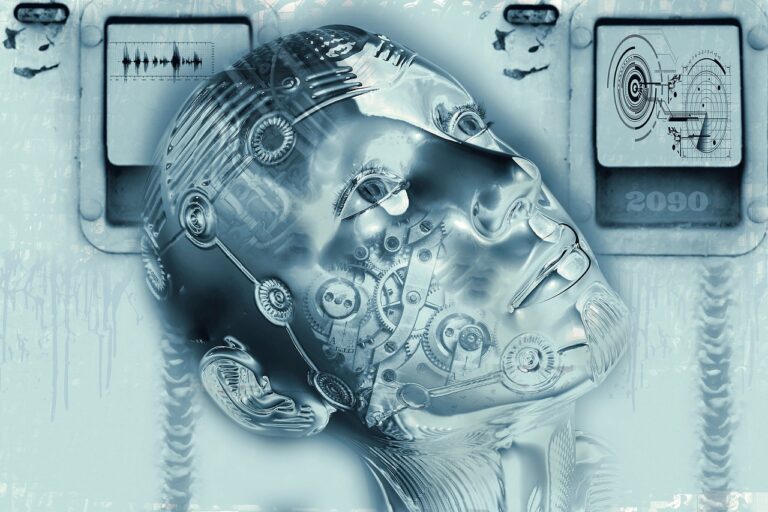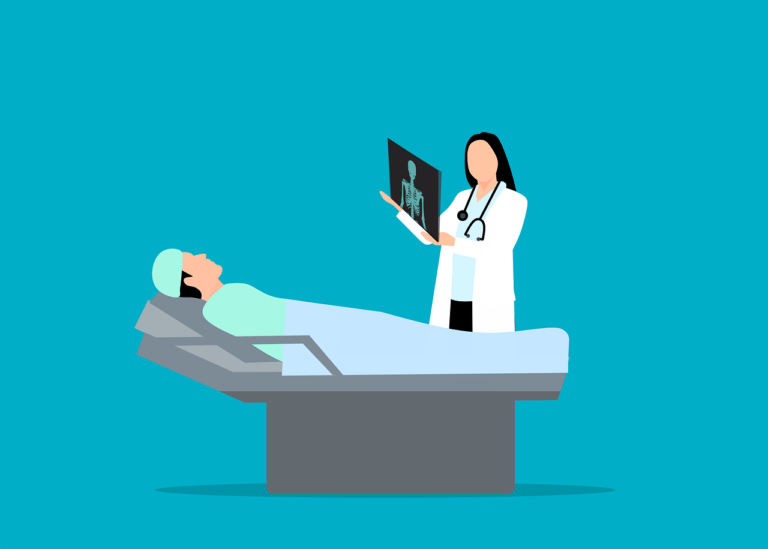Book Appointment Now

The Ethical Implications of Nursing Informatics
As technology continues to revolutionize healthcare, nursing informatics has become an integral part of modern nursing practice. It combines nursing, information technology, and data science to enhance patient care, improve operational efficiency, and foster better healthcare outcomes. However, this digital transformation raises significant ethical implications that must be addressed to ensure patient trust and care integrity. Key ethical implications of nursing informatics include consent, privacy, and the responsible use of patient data.
Get a custom paper help about interoperability in healthcare systems
Order Custom Nursing Paper
Understanding the Ethical Implications in Nursing Informatics
Nursing informatics involves managing patient data, including electronic health records (EHRs), telehealth information, and other health technologies. While these tools improve efficiency and patient care, they also introduce complex ethical challenges. As healthcare systems become increasingly digital, it is crucial to balance the benefits of technology with the responsibility of protecting patient rights and maintaining ethical standards.
Key Ethical Considerations in Nursing Informatics
1. Informed Consent and Patient Autonomy
Informed consent is a fundamental ethical principle in healthcare, ensuring that patients understand and agree to the collection, use, and sharing of their health data. Nurses and healthcare providers must inform patients about the implications of electronic health records (EHRs), including how their data will be used and who will have access to it.
However, in nursing informatics, the process of obtaining consent can become more complicated. Many patients may not fully understand how their data will be shared across multiple platforms or institutions. Nurses have a critical role in educating patients and obtaining their informed consent, ensuring they are aware of their rights regarding data use, storage, and privacy.
- Ethical Challenge: How can nurses ensure that patients have a clear understanding of how their data will be used in a complex digital healthcare environment?
2. Privacy and Confidentiality of Patient Data
Maintaining patient privacy and confidentiality is a core ethical responsibility in nursing. As patient data becomes digitized, the risk of unauthorized access and data breaches increases. With the growing use of EHRs, telehealth platforms, and other digital tools, nurses must ensure that patient information is protected and shared only with authorized personnel.
In nursing informatics, ensuring data privacy involves both technical solutions (e.g., encryption, secure passwords, and firewalls) and ethical practices, such as limiting access to sensitive data. Nurses need to be vigilant in maintaining patient confidentiality and addressing any potential security risks.
- Ethical Challenge: How can nurses effectively balance the need for access to patient data with the ethical obligation to protect privacy?
3. Responsible Use of Patient Data
In nursing informatics, data integrity and responsibility are paramount. Nurses must ensure that the data they input into healthcare systems is accurate and used appropriately. The responsibility extends to how patient data is shared and utilized across different healthcare providers, institutions, and systems.
Misuse or mishandling of patient data, whether intentional or accidental, can lead to serious ethical violations and harm to the patient. For example, data breaches, unintended sharing of sensitive information, or inaccurate documentation can undermine patient trust and lead to medical errors.
- Ethical Challenge: How can nurses ensure that patient data is used responsibly to improve care without compromising patient safety or trust?
Strategies for Addressing Ethical Challenges in Nursing Informatics
1. Training and Education on Ethical Standards
To navigate the ethical complexities of nursing informatics, healthcare professionals must receive ongoing training in both ethical principles and technological tools. This training should include topics like data security, patient consent, and ethical data sharing practices. Empowering nurses with the knowledge of their ethical obligations will ensure that they are prepared to handle patient data responsibly.
2. Implementing Robust Data Security Measures
To maintain patient confidentiality and safeguard privacy, healthcare organizations should implement advanced security measures. This includes secure systems for EHR management, password protections, encryption, and access controls to ensure that only authorized personnel can access sensitive patient information. Regular security audits and monitoring also help identify potential vulnerabilities.
3. Promoting Transparent Communication with Patients
Nurses should engage in open, transparent conversations with patients about the use of their data. Patients must be informed of their rights, including how their information will be used, who will access it, and the safety measures in place to protect it. This helps to build trust and empower patients in their healthcare decisions.
4. Adopting Ethical Frameworks in Nursing Informatics
Healthcare organizations can adopt ethical frameworks to guide decision-making in nursing informatics. These frameworks should outline clear guidelines on issues like consent, privacy, data sharing, and the appropriate use of patient information. Such frameworks ensure that ethical considerations are prioritized in every aspect of nursing informatics.
The Future of Ethical Nursing Informatics
As the field of nursing informatics continues to evolve, the ethical implications will become more complex. The integration of artificial intelligence (AI), machine learning, and big data in healthcare raises new questions regarding data ownership, patient autonomy, and the potential for algorithmic bias. Nurses must stay informed about these emerging technologies and their ethical considerations.
In the future, it will be essential for nurses to continue advocating for patient rights and data ethics in an increasingly digital healthcare landscape. Through education, responsible practices, and ethical frameworks, nurses can ensure that nursing informatics enhances patient care without compromising ethical standards.
Navigating the Ethical Landscape of Nursing Informatics
The ethical implications of nursing informatics are significant and multifaceted. Nurses play a central role in ensuring that patient data is used responsibly, securely, and with full consent. By addressing challenges related to privacy, data use, and informed consent, nurses can help shape a healthcare environment that is both technologically advanced and ethically sound. As healthcare technology continues to evolve, it is critical that nurses remain vigilant and proactive in upholding ethical standards to safeguard patient trust and improve care outcomes.
Call to Action:
As technology continues to shape healthcare, nursing professionals must stay informed about the ethical challenges and responsibilities in nursing informatics. By continuing to prioritize patient privacy, informed consent, and responsible data use, nurses can ensure that the future of healthcare technology is ethical and beneficial for all.







